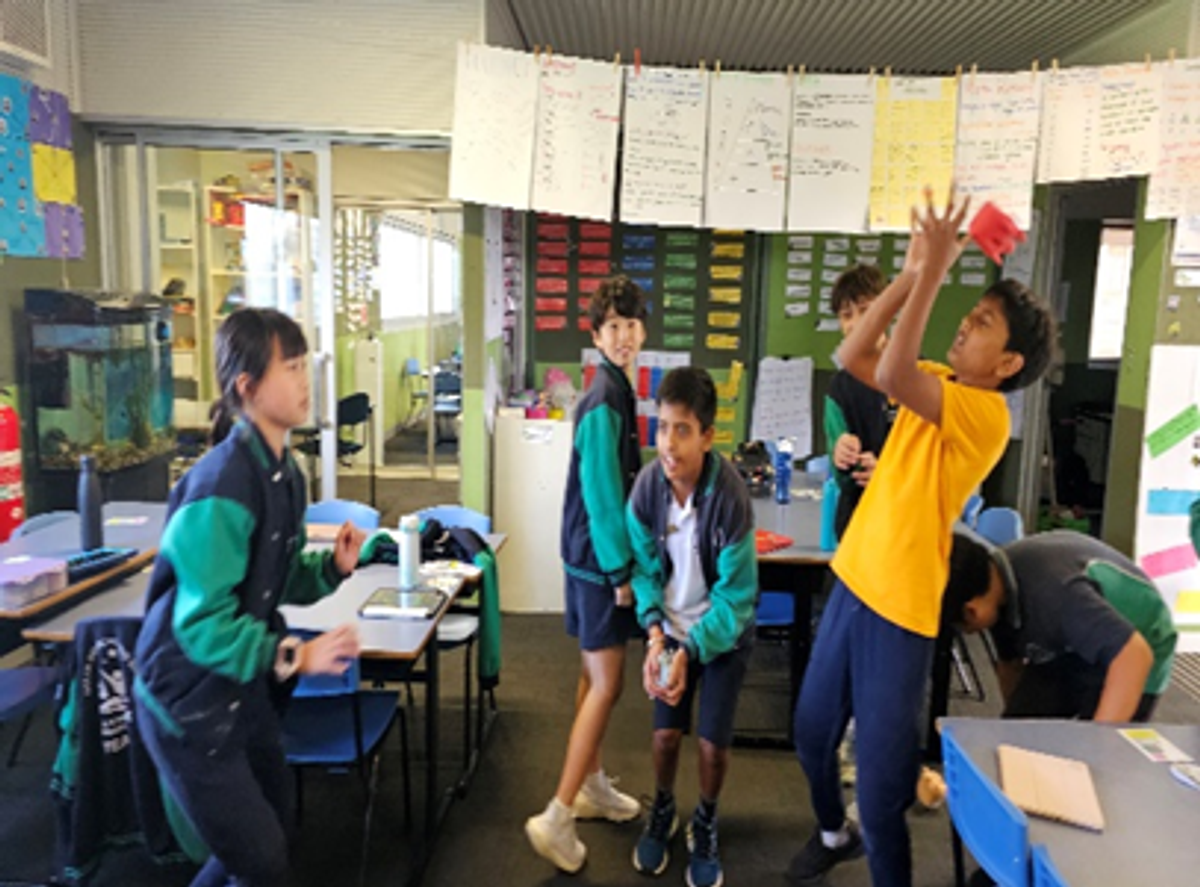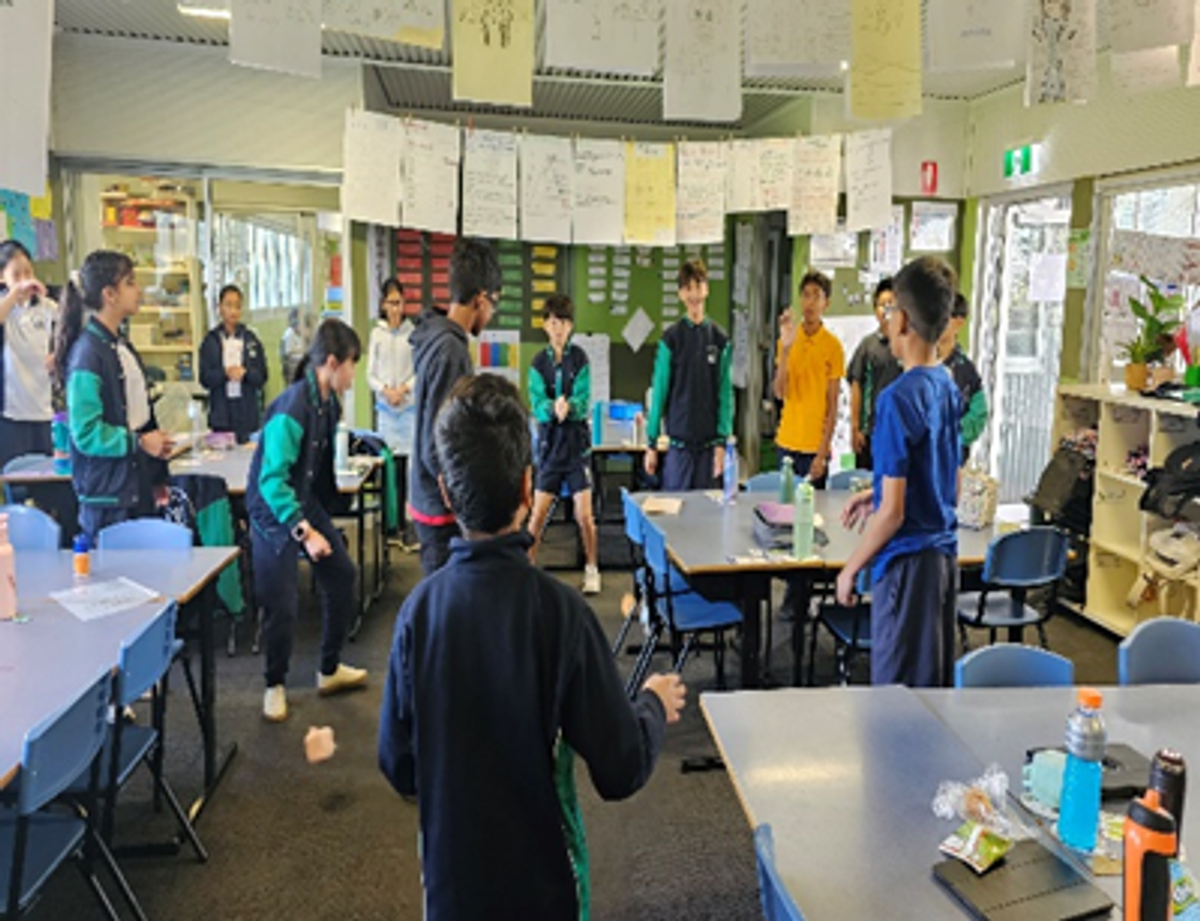Term Two
Level Six
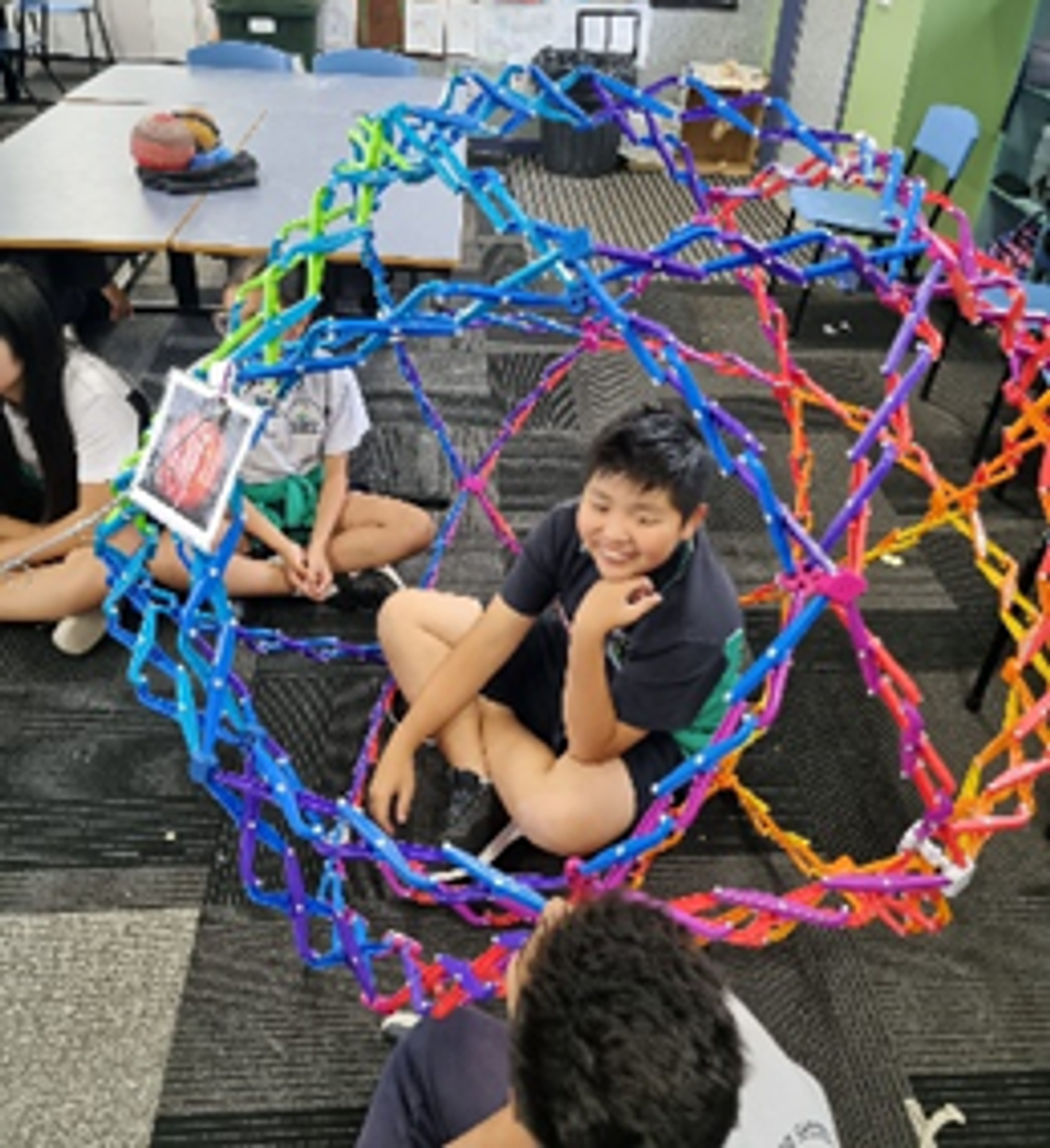
Term Two
Level Six
We extend a warm greeting to all the new families joining Glen Waverley Primary School in Term Two and a welcome back to all our familiar faces. Term One was full of rich learning opportunities that demonstrated the learners’ growth mindsets, resilience and leadership, including the Summer Round Robin, Cultural Diversity Week and the Athletics Carnival. The learners demonstrated a staggering level of collaboration, encouragement and support toward their peers throughout these experiences.
Term Two marks another busy period for our Year Sixes. We continue to provide numerous opportunities for our learners to stretch their thinking through our rigorous classroom learning experiences and our abundance of Innovation programs. Our Innovation classes this term are designed to extend students and develop lifelong skills, in areas including Mathematics, English, Music and Sport. Beyond Innovations, our much-anticipated Winter Round Robin will be set to occur later in the term, with students already deep into their sporting training. With so much occurring across the year level at any time, our You Can Do It program focuses on building independent and organised learners, who have been strengthening their connections through collaboration.
At the beginning of this Term, your family should have received an information package regarding the secondary school transition. If you or your child has any questions or queries about the transition process, please feel free to come and speak with any member of the Year Six team or Daniel Itsines, our Enrolments' Officer, located at the front office. We are here to help in any way we can.
We thank you for your ongoing support of the Year Six team and the learners. We look forward to celebrating your child’s growth and successes at our Student-Led Conferences during the final two weeks of Term Two.
The Year Six Team,
Kylie Bailey, Jackie Gilbert, Robert Lou, Bianca Liburti, Riley Youssef, Adriana Parsons, Anna Hardy, Samantha-Jayne Beh, Samantha Rich (TSL).
12/05/23 - District Cross Country
30/05/23 - Education Week Whole School Open Morning
31/05/23 - Year 6 ScienceWorks Excursion
02/06/23 - Winter Round Robin #1
09/06/23 - Winter Round Robin #2
12/06/23 - King’s Birthday Public Holiday
14/06/23 - Maths Olympiad #2
16/06/23 - Soccer Round Robin
23/06/23 - Last day of Term Two
During Term Two, students will be immersing themselves in Literature Circles, where they will be applying range of CAFE Reading strategies, including ‘Justify the plot, genre or theme of a text with evidence’ and ‘Tune into interesting words and phrases that enhance the meaning of a text.’ This will deepen students’ understandings of the various strategies that authors use to inform, engage and persuade an audience. In the Literature Circles, students will collaborate on the same narrative text, by undertaking on specific responsibilities and sharing their understandings with their peers during weekly conferences, in turn, enriching each other’s understanding of the text being read.
Throughout the term, students will be exposed to a variety of texts, including picture story, novel and multimodal. Through this exploration, they will form a detailed and well supported opinion on the overall appeal of a text. Students will transfer this understanding into creating a range of book reviews on a variety of texts that persuade, entertain or inform their audience. To support their writing, they will be exposed to peer and professional reviews, with a specific focus on analysing their features, word choice and voice. Students will investigate persuasive techniques and how they can be applied to impact a target audience.
Through the Spelling Inquiry Program, students will be consistently encouraged to expand their vocabulary. They will be analysing spelling misconceptions from their writing, by examining each words’ etymology and spelling patterns, thus developing a deeper understanding of their origin and other important elements relevant to spelling words.

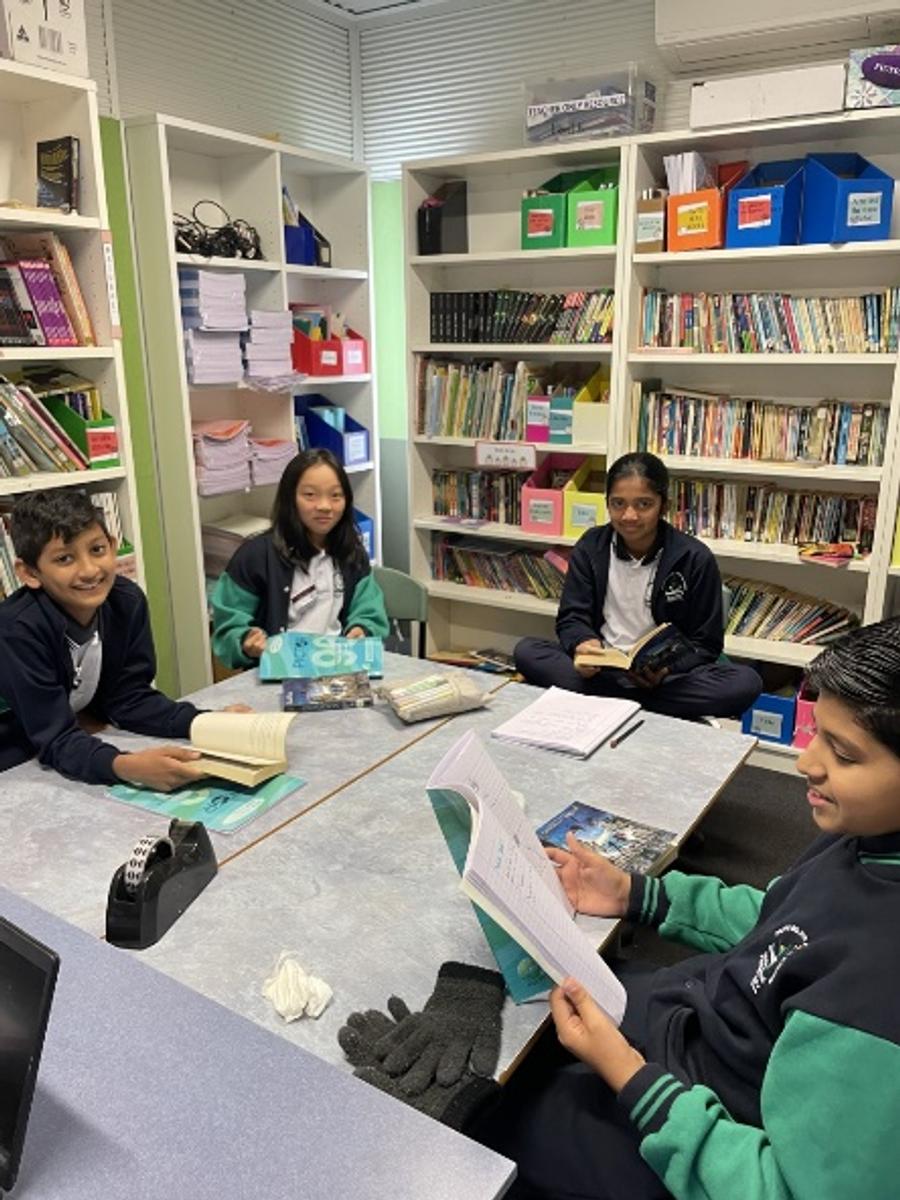
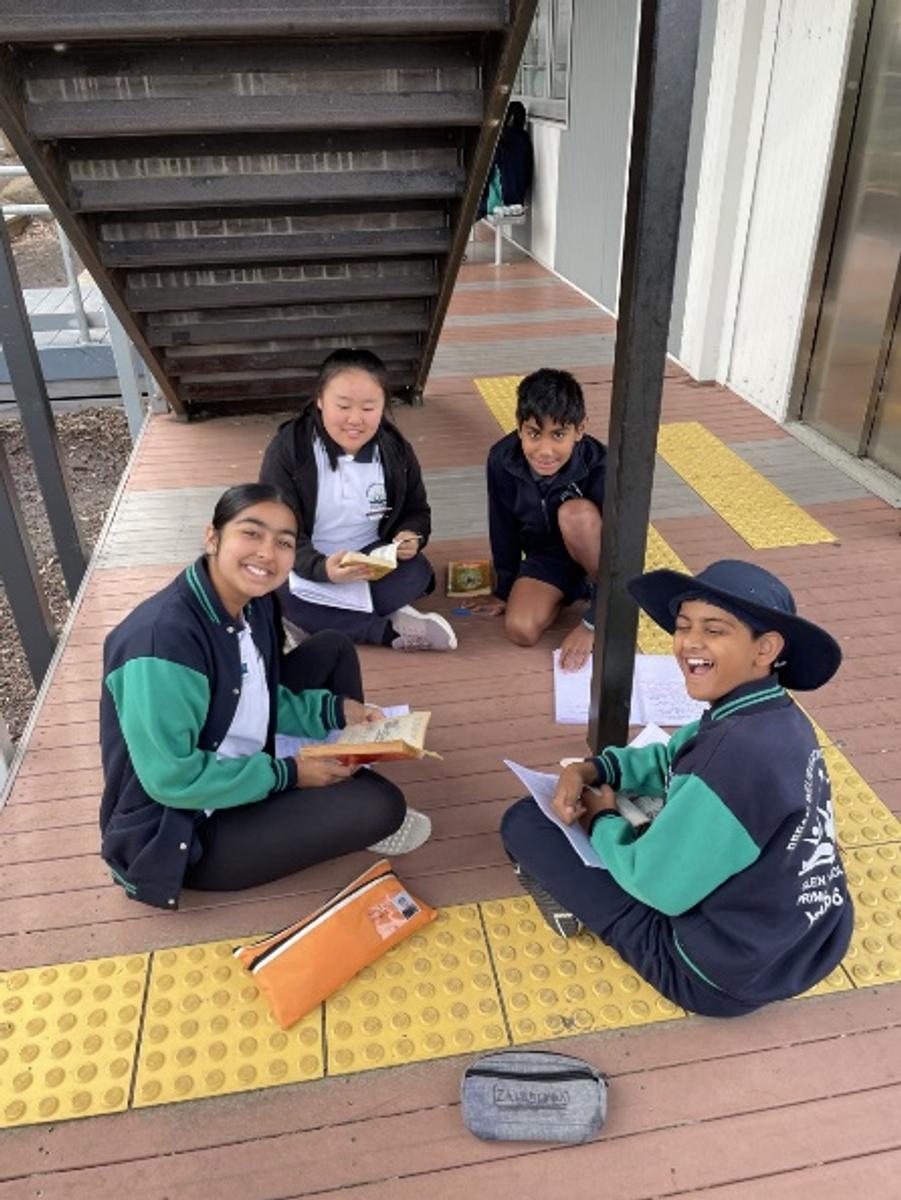



Key vocabulary for English: review, evaluate, persuasive technique, target audience, intended impact.
If you wish to support your child’s learning in English this term, you can:
This term Mathematics will begin in the curriculum area of Measurement and Geometry, with a specific focus on units of measurement. Students will learn about measurement concepts such as length, perimeter, area, volume and surface area and their application in real world contexts. They will investigate formulas for different shapes and objects, developing their conceptual understanding through concrete, pictorial and abstract strategies. Furthermore, students will learn about elapsed time through connections to day-to-day life scenarios such as transport timetables and sporting events. Later in the term, they will revisit the Number and Algebra content area with the aim of consolidating and building upon concepts learned in Term One. This will include Place Value knowledge and efficient strategies around the four operations. As always, Mathematics will be taught through the SURF framework of Problem Solving, Understanding, Reasoning and Fluency to ensure that students develop within all four proficiencies.
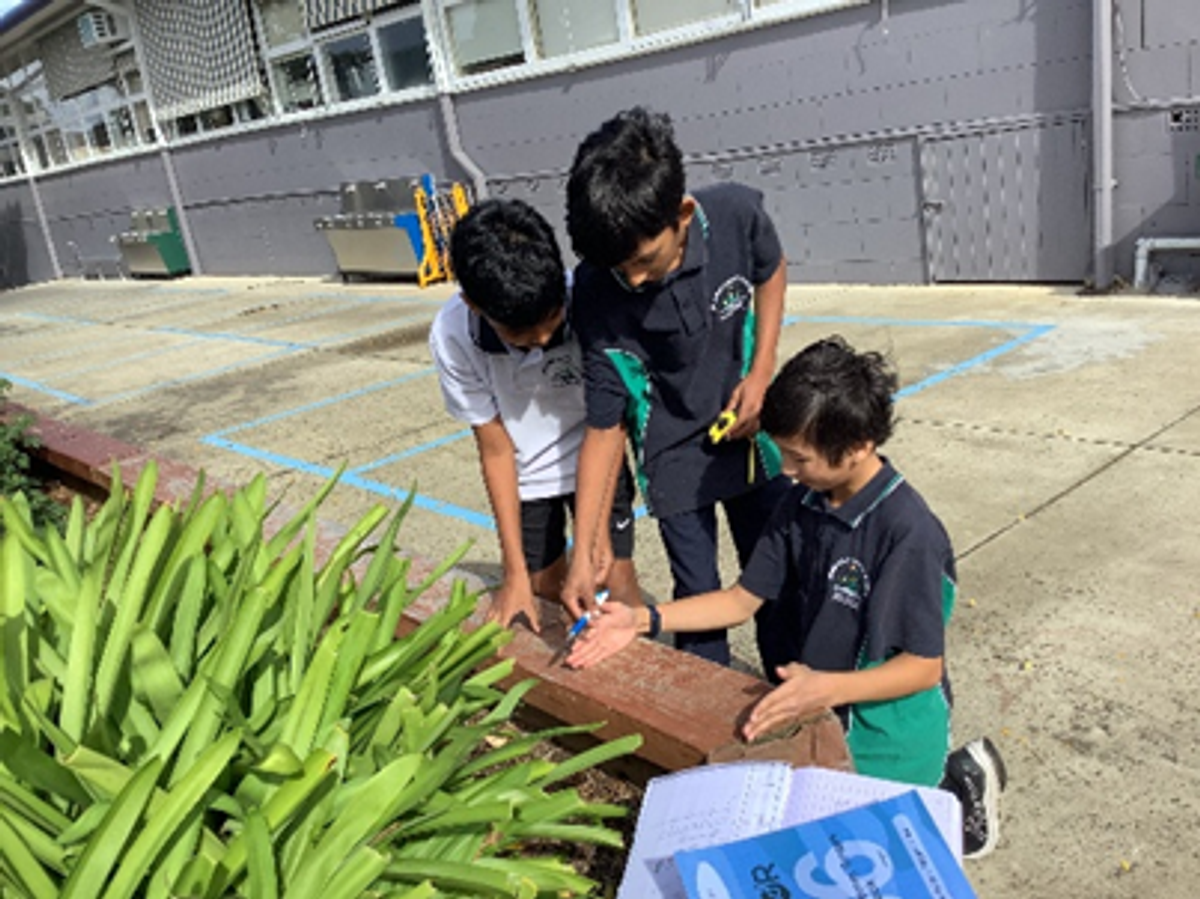
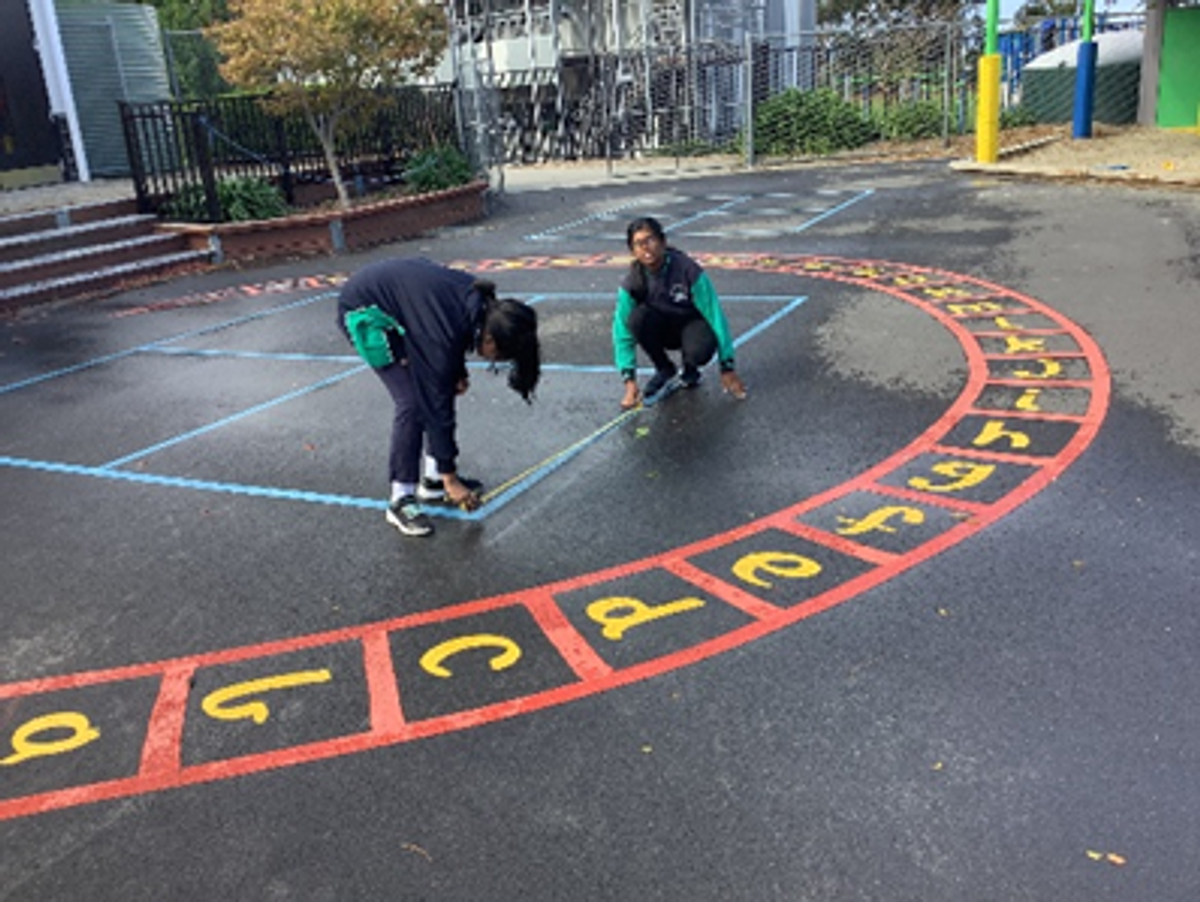


Key vocabulary for Mathematics: length, dimensions, perimeter, area, volume, estimate, unit.
If you wish to support your child’s learning in Mathematics this term, you can:
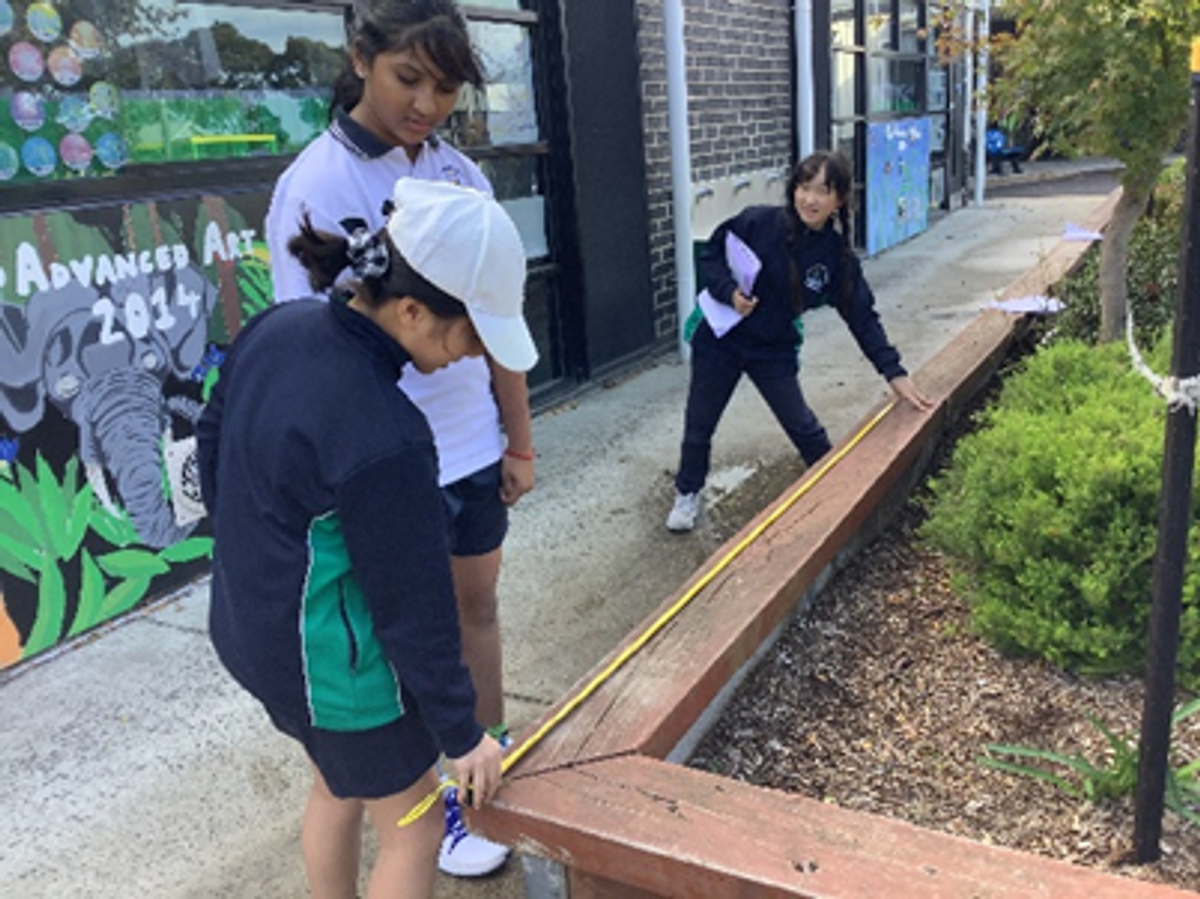



During Inquiry in Term Two, learners will be exploring the central question of, ‘What is our place in the universe?’ with the lens of Global Goal 9 Innovation, Infrastructure and Industry. This unit has a curriculum focus on Earth and Space Science, and Ethical Capability.
Throughout the term, they will be encouraged to build their science literacy skills, and willingness to explore the unfamiliar. The learners will be challenged to apply the mindset of a scientist and justify new knowledge and understandings when investigating their curiosities around Earth and Space. The students will explore concepts, such as the interconnection between the Earth, Moon and Sun and the ever-evolving nature of scientific knowledge.
The learners’ curiosity was sparked through an incursion in the first week of term run by Mad Science, where they explored the different elements of the Solar System, through hands on learning experiences. The experiences generated many wonderings about the Solar System, Earth and other planets, gravity and gravitational pull, and our place in the universe. The students will continue to deepen their understanding through the investigation of their wonderings and present their findings to their peers.
Later in the term learners will be attending an excursion to Scienceworks where they will take part in the education program: Solar System Odyssey. The learners will be able to make connections and further deepen their understandings of concepts learnt over the term.
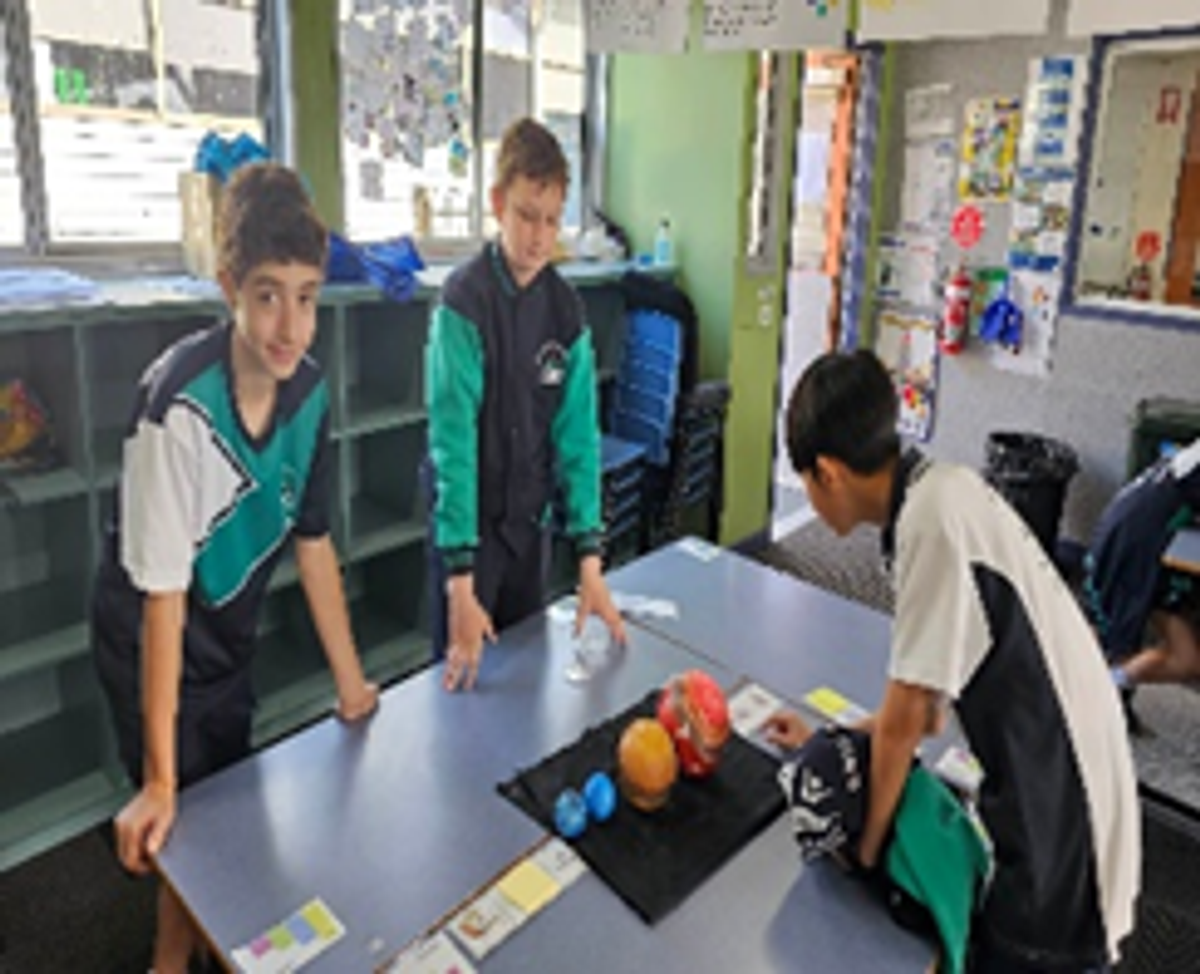
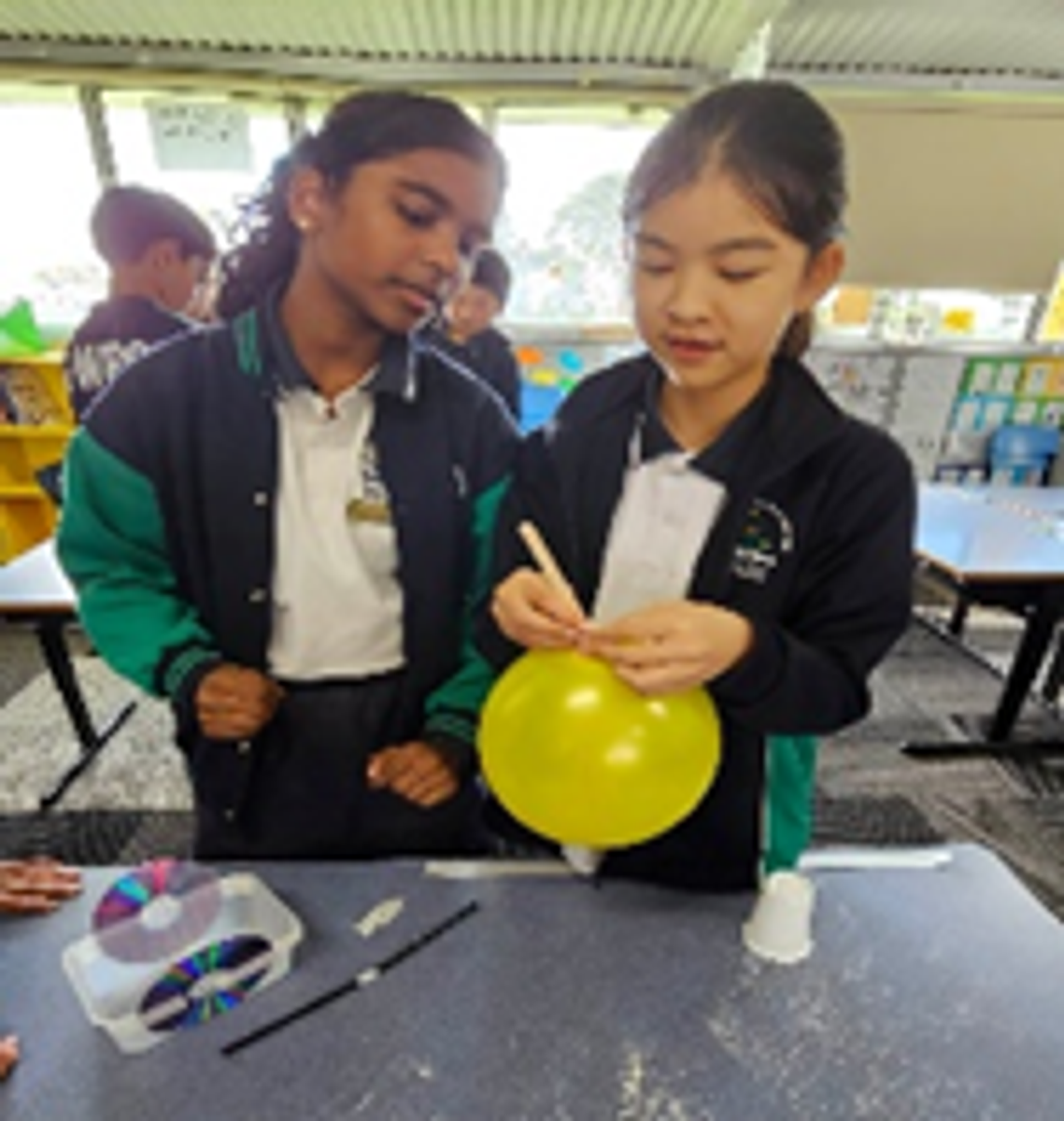




Key vocabulary for Inquiry: astronomy, scientific theory, industry, innovation, infrastructure, astronomy.
If you wish to support your child’s learning in Inquiry this term, you can:
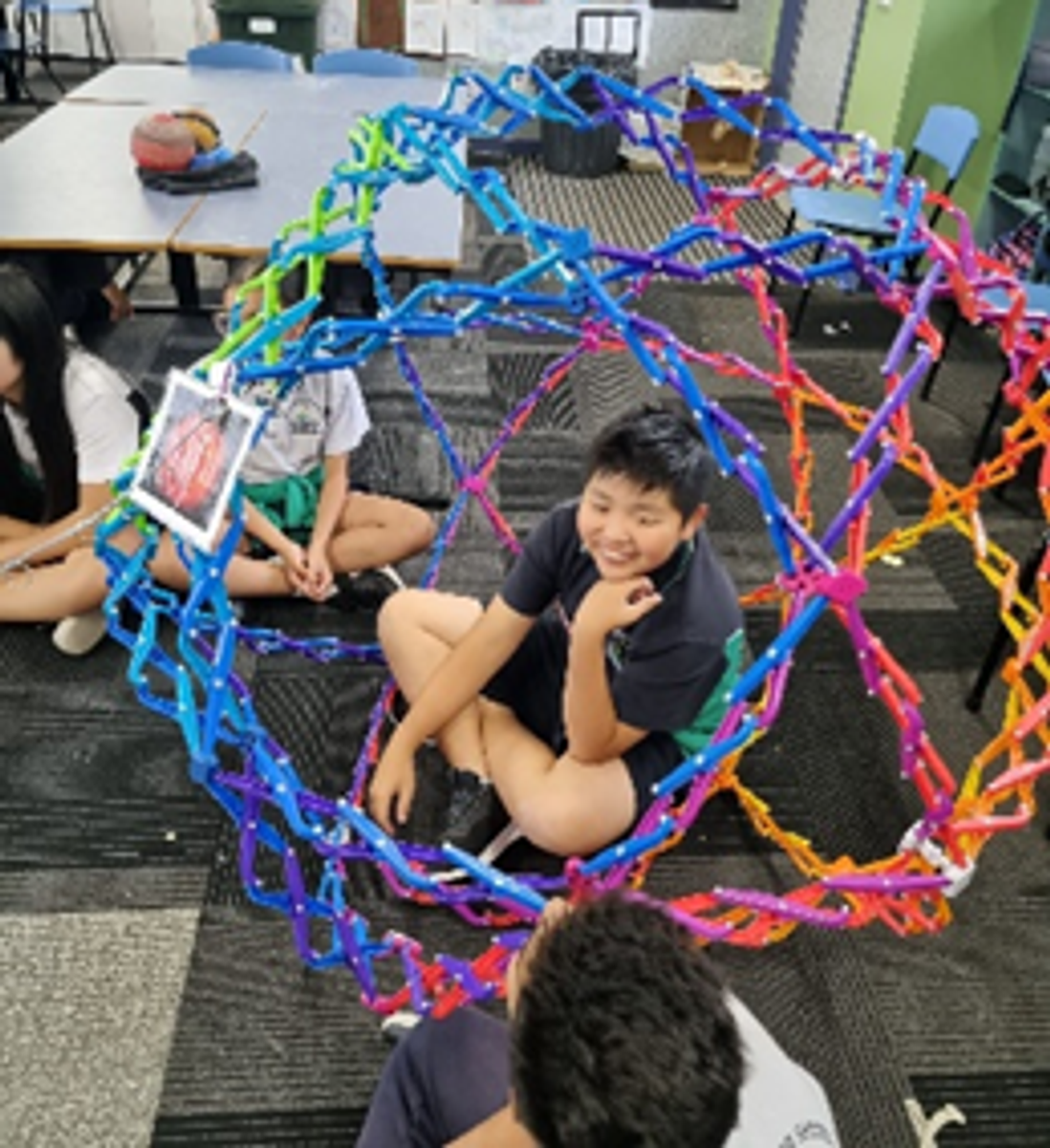
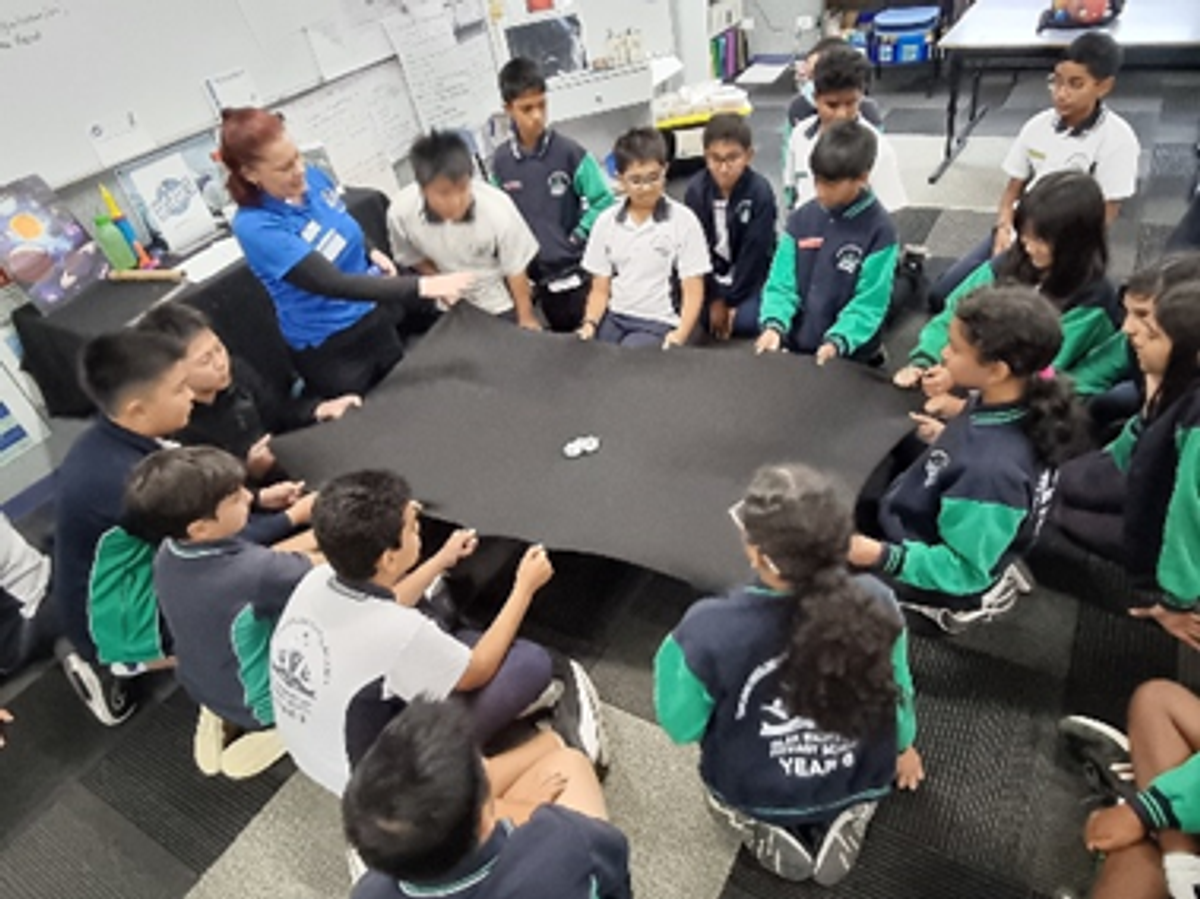
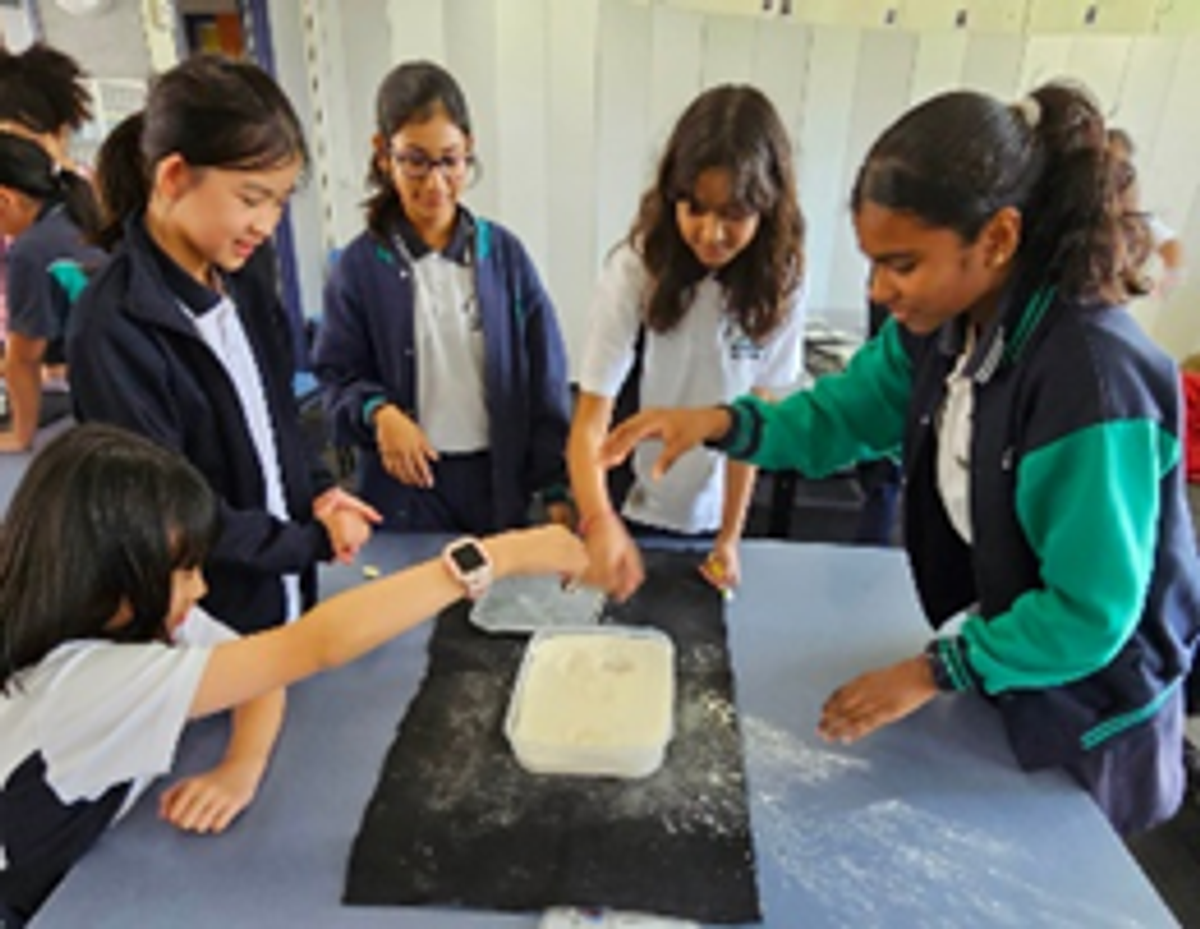



Through our You Can Do It program this term, students will focus on building their emotional literacy by first recognising and understanding their own emotions, before reflecting on how they can respectfully respond to others’ emotions and needs. They will investigate connections between emotions and behaviours, and how to communicate and express emotions in a healthy way. Through participating in different collaborative experiences, students will apply a variety of self-regulation strategies for situations that cause heightened emotions. In addition to this, they will explore the concept of peer pressure and the impact that this may have on them and those around them. They will engage in real life situations and role play strategies to help them develop the confidence to respond to peer pressure. Throughout the term, students will continue to have the opportunity to evaluate their own progress through the creation and application of their Social and Emotional learning goals.
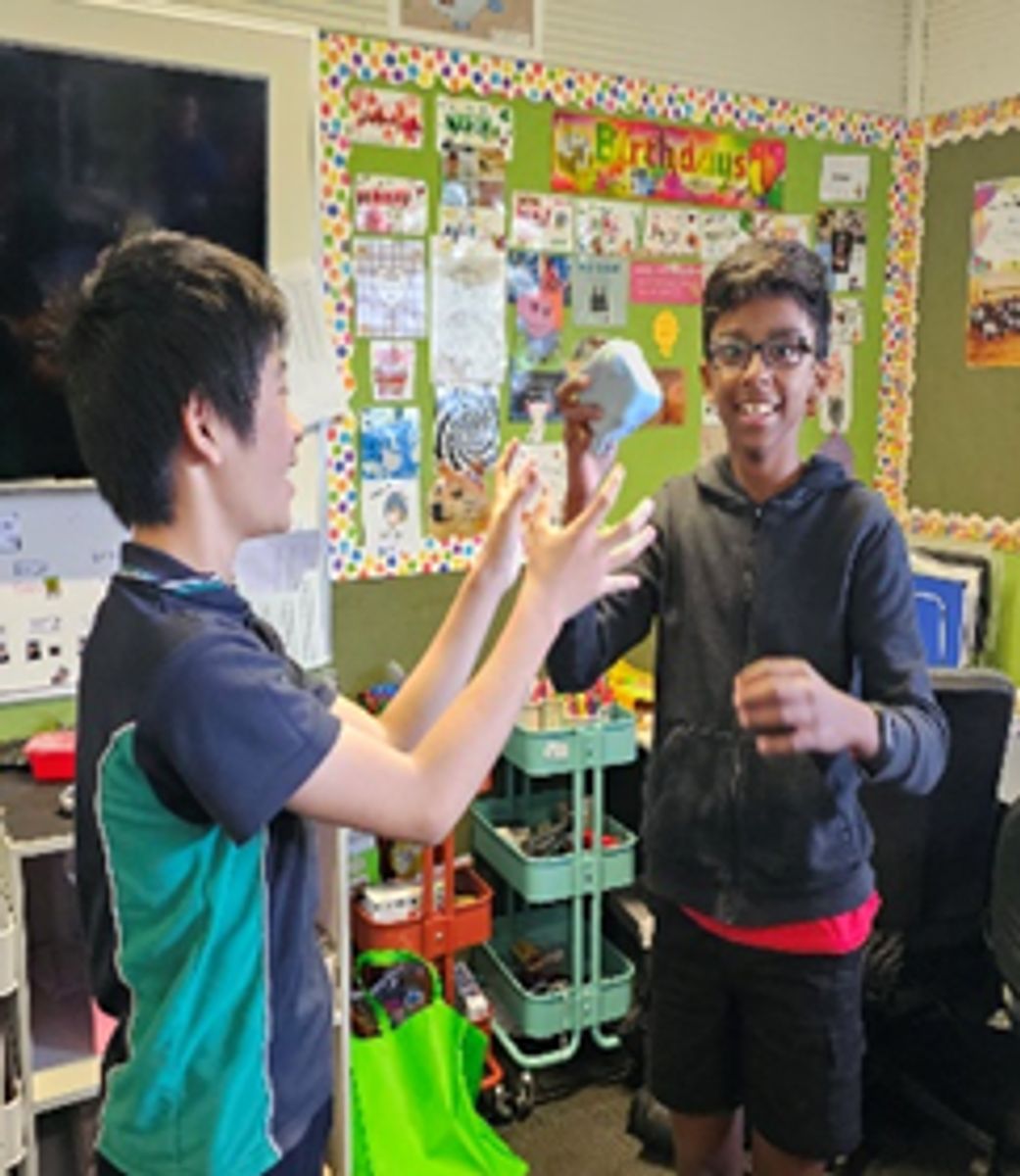
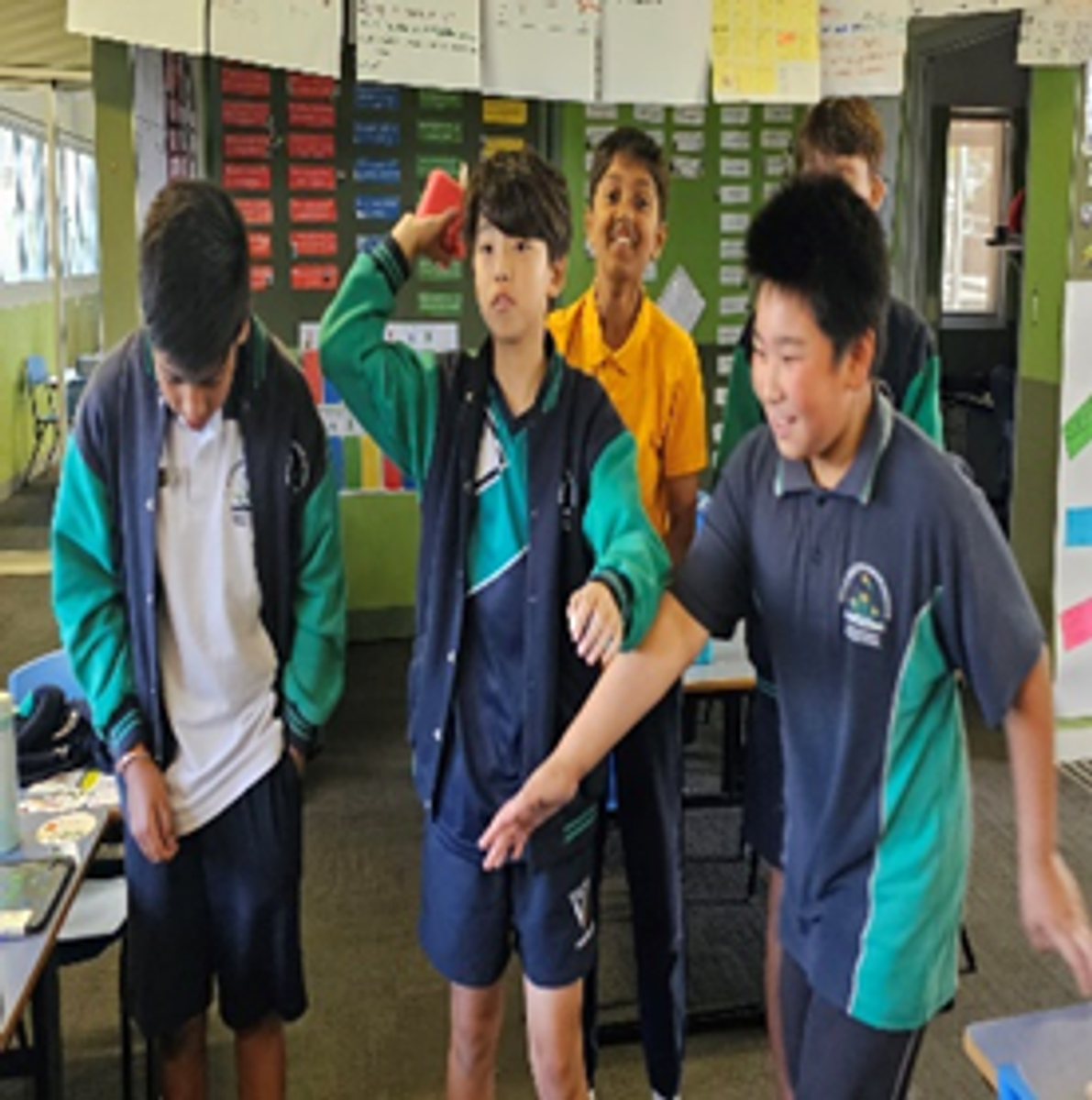
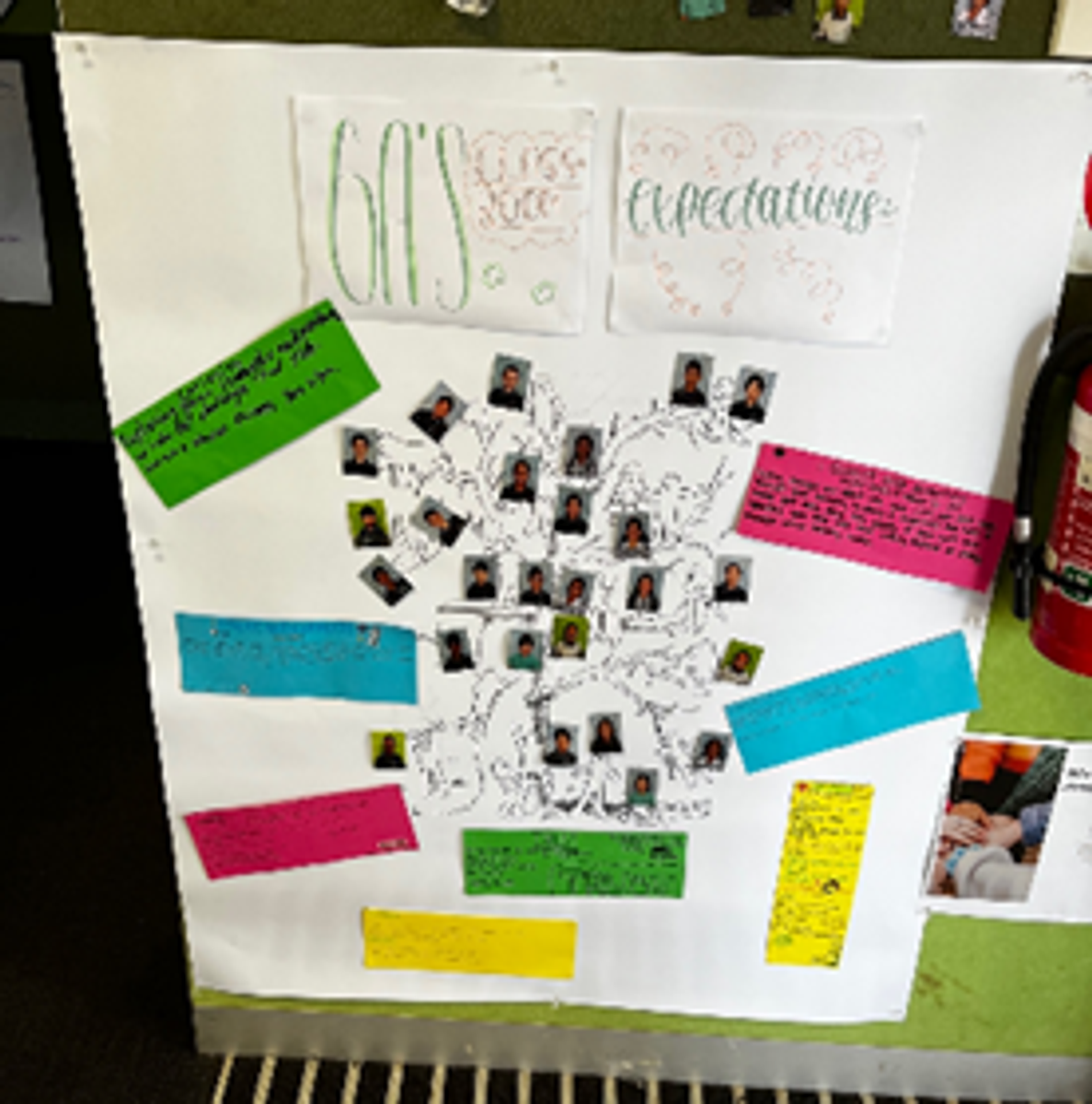



Key Vocabulary for YCDI: self-regulation, emotional literacy, communication, emotions, peer pressure
If you wish to support your child’s learning in You Can Do It this term, you can:
